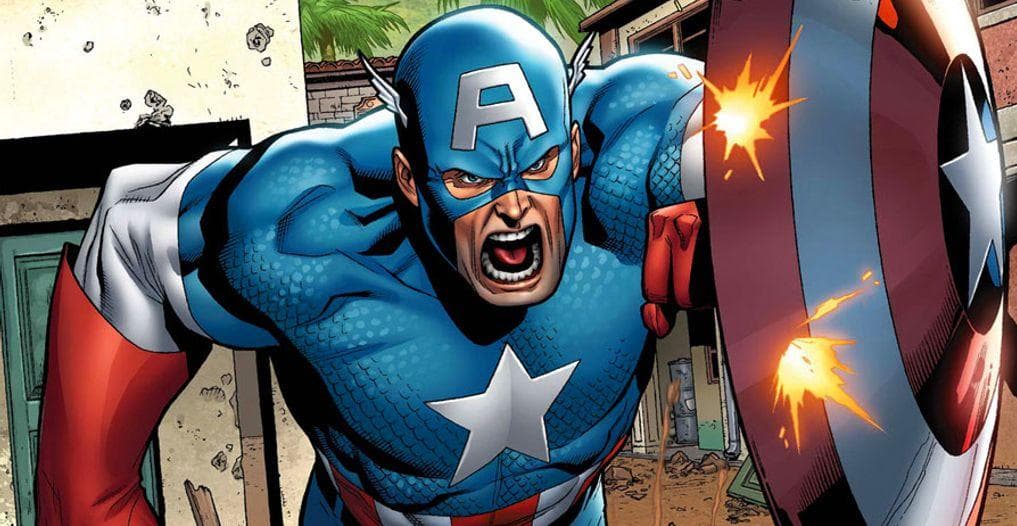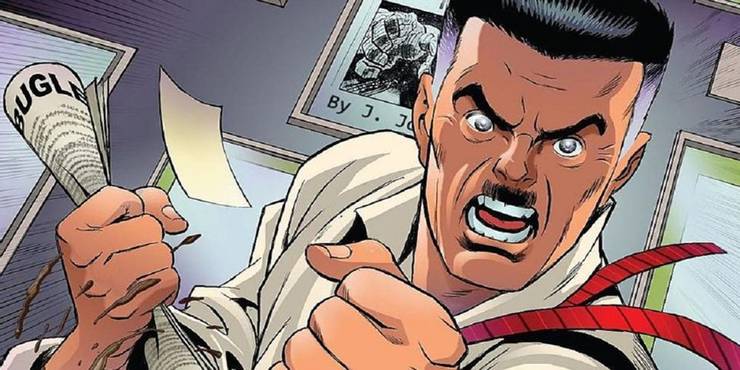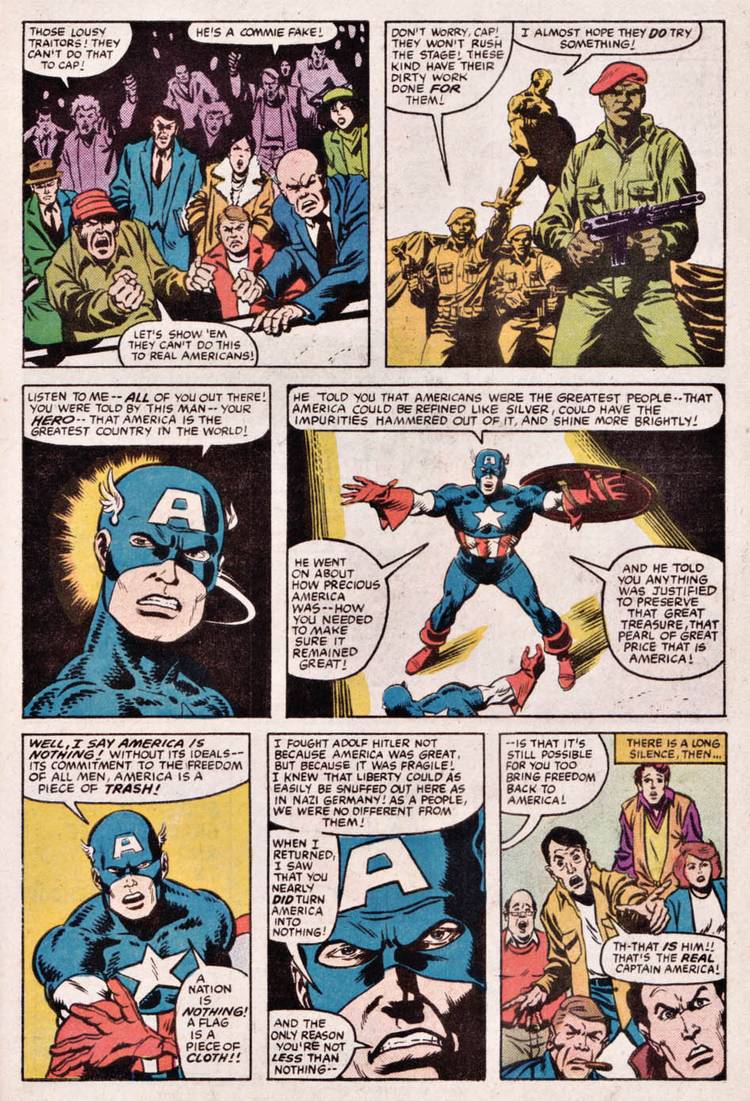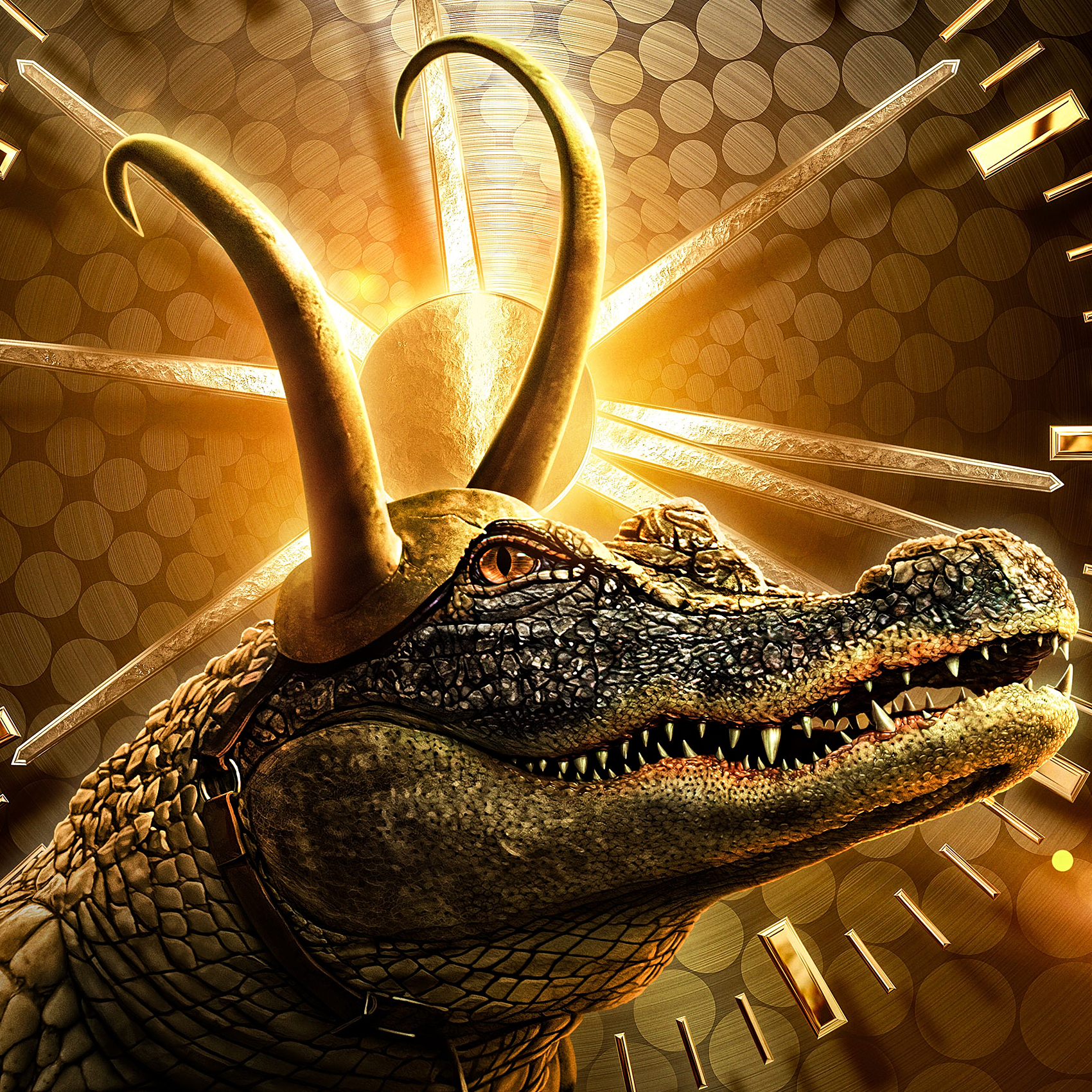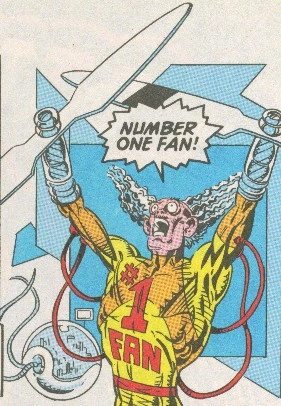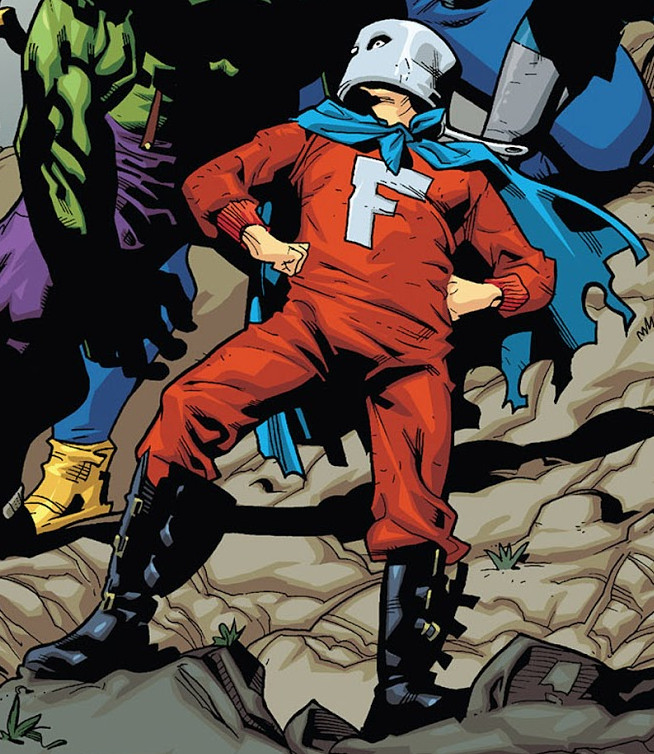While there are characters whose development Claremont guided more or less from conception until the end of his tenure to great effect, Magneto stands as his definitive work in retroactive storytelling and characterization applied to a pre-existing figure within a publisher-owned corporate fictional universe to a degree rarely seen before or since. Magneto always existed as far as
X-Men is to be understood, but he did not always exist as a person: the history of the character for nearly the first two decades encompass much megalomaniacal plotting and theatrical declaiming, but that is the limit of Magneto, the Mutant Master of Magnetism; a sort of second-rate Doctor Doom with none of the psychological interiority to drive his actions. It is not to diminish this incarnation of the character, since there is great value in witnessing him kicking about Toad, signing airbound hostage missives in cursive with his dread mutant might, or fighting desperately for the ownership and allegiance of the World's Smallest Man, but to underline that the Magneto that exists in pop culture and most people's minds today did not emerge fully-formed, even by the standards of slowly-gestating characterization that the medium often sees.
What changed, then? As precedent has shown, Chris Claremont did--but even that was not an immediate shift. Claremont and Cockrum, and later Claremont and Byrne, quickly dug up Magneto from the villain catalogue as soon as they got to playing with the toyset, and he was played to type: bombastic, verbose, malevolent and in want of nothing more than total domination to satisfy his entitled will to rule over humans. The X-Men eke out a win thanks to last-ditch teamwork, Magneto retreats to curse the mutant youths and lick his wounds, and a couple of dozen issues later the cycle is primed to repeat. That status quo could've maintained into perpetuity with little but illusory changes to mask it, but gradually Claremont and/or his editors started building up a characterization and history to Magneto that had never been spoken of and which he wasn't allowed; that he had had family before, that he actually was more than his costume and powerset and was capable of weariness, melancholy and regrets next to all the villainous bluster--that he was more vulnerable than he let on.
1981's
Uncanny X-Men #150 changes Magneto forever because it alters his history and what has driven his actions up to this point; a Jewish Holocaust survivor no longer permits the character to be frivolous in the manner that he previously often was--now even the performed exaggerations carry weight, and the way he's responded to by others shifts too; there is now respect and unwilling admiration across moral lines. Issue #161 the following year cements the newfound direction as Xavier and Magneto's intense and complicated interpersonal relationship is defined in full for the first time through flashback, depicting their shared early adulthoods--these characters had been adversaries from the start, but they were not framed as parted friends and tragically opposed life partners before. Landmark stories as to
X-Men's overall thematic content would also occur around this time, such as "God Loves, Man Kills", and Magneto's philosophical role in them would further define his new dynamic with his adversaries, shifting ever more from villain to antagonist.
This could've been yet another stopping point to hold Magneto in stasis in, with the iconic qualities of the character preserved but developed to contain verisimilitude and complexity over time, but it wasn't to be. Through years of incremental characterization more than singular turning points, the antagonism withers in Magneto toward the X-Men; he is seen associating with them of his own want and will, and seen more outside of his colourful superperson garb in civilian attire. The development is so gradual that when the climax occurs in
Uncanny X-Men #200, it cannot be read as anything but the conclusion all the work laid out had emotionally and thematically called for, in Magneto taking responsibility for the school at Xavier's request in his absence. Issue #200 isn't significant just because it's a numerically mandated milestone celebration, and not because it's a damn good genre mix of a blockbuster and courtroom drama, but because it's fully invested in all the ridiculous minutiae of Magneto continuity ("can Magneto be held legally accountable for the actions he took pre-babification" goes one judicial inquiry) that it plays straight as legitimate to the character and who he is, while also setting up a real sea change in how the books would be from that point on, with the admission that they had outgrown Xavier, and had grown with Magneto to take his place in shepherding the next generation of mutants.
Magneto in the mid-to-late '80s, whether the headmaster of the New Mutants or an ally and friend to the X-Men, is the culmination of all those years of work in selling the transition as legitimate, and it's not a short victory lap with the best having already occurred, but a chance for the character to truly present something that no one had ever seen of him before or could imagine him as, and remains the character's most human and diversely depicted period. It was the kind of change that corporate-owned creative properties bristle at, because too radical a shift would lead to incongruous and volatile licensing opportunities of the character's much more valuable popular image than who he was on the page in the changes he was undergoing month to month. It was permitted to take hold for a couple of years largely thanks to Claremont's influence over the X-books as a whole, but eventually regression struck Magneto's uneasy navigation of more adult and difficult responsibilities than superpowered machinations down, as a new generation of writers and artists--and some of the older guard--began to long for that previous incarnation that they had imprinted on in years before, as the ever-insidious mutant villain and overlord to trade punches with.
That Magneto eventually returned, and did a great many things. Whether it was being blown up with Asteroid M yet again, or ripping out Wolverine's adamantium and having his mind shut down for it, or fighting his errant clone, or being skewered by Wolverine in Genosha, or getting addicted to mutant narcotics, none of it really registers in the wake of the walkback that the character was made to endure, even if some of the stories since have been individually good. It was the consistency and drive to evolve that left that indelible impression in the first place, and earned the character his place as an unforgettable central figure in the series beyond just seniority and status.





